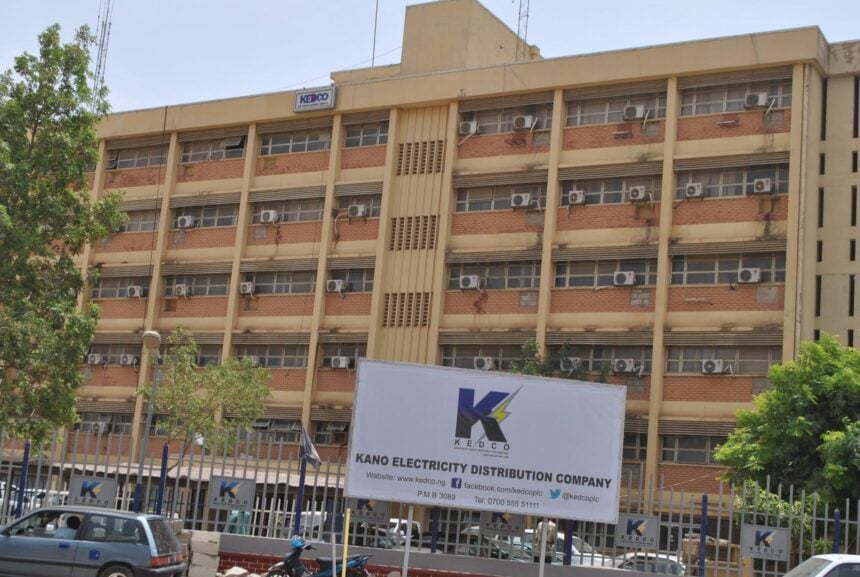The Nigerian Communications Commission (NCC) has reaffirmed its commitment to promoting transparency, accountability, and innovation in the country’s telecommunications sector. Dr. Aminu Maida, the Executive Vice-Chairman of the NCC, made the pledge during an interactive session with newsmen in Abuja.
Addressing the concerns of many Nigerians who have complained about high tariffs and expensive data from telecom providers, Maida emphasized that the commission is dedicated to protecting the interests of telecom services and mobile data users nationwide.
To achieve this, the NCC has adopted information disclosure strategies rooted in behavioral economics to encourage service providers to improve their performance. The commission plans to launch a public map for network performance in September, providing transparent access to real-time quality metrics, such as download speed and latency.
“This is a quarterly network performance report based on crowd-sourced user data,” Maida explained. “It is also an expansion of accountability beyond mobile network operators to include co-location service providers responsible for infrastructure reliability.”
Maida outlined several significant developments in the industry, including tariff adjustments and simplification, the inauguration of corporate governance guidelines, and the successful conclusion of the National Identity Number (NIN) to SIM linkage audit. He also mentioned the resolution of Unstructured Supplementary Service Data (USSD) debt issues, the transition to end-user billing, and the introduction of the Major Incident Reporting Portal.
The NCC is also working towards revising the National Telecom Policy, recognizing that the traditional model based on rigid rules and enforcement is no longer sufficient in today’s digital landscape. “Scaling the old model is impractical. We are now complementing regulation with transparency and data-driven competition,” Maida said.
According to the NCC’s internal analysis, there are strong correlations between good governance practices and better financial performance, service delivery, and regulatory compliance. To address failed network top-ups, a joint NCC-CBN task force has developed a new operational framework to standardize electronic recharge processes.
The NCC has also commissioned Tier-1 audit firms to assess operators’ billing systems for Perceived Data Depletion, finding no systemic manipulation of consumer data but rather factors such as background app usage and unoptimized device settings. Maida emphasized that all these initiatives aim to create a stronger, more transparent, and consumer-centric telecom ecosystem.
“We are not trying to punish anyone. We want the industry to grow, so consumers are happier, operators perform better, and the government benefits from a broader tax base,” Maida said.
The Director of Consumer Bureau, Freda Bruce-Bennett, provided practical tips to help Nigerians manage their data usage more effectively, including turning off autoplay on social media apps and limiting background data consumption.
Mrs. Nnenna Ukoha, Director of Public Affairs at the NCC, highlighted the importance of collaboration with the media, saying, “You are the ones that transmit and convey our transformative policies to the people of Nigeria. Therefore, I invite you to be open and talk to us freely. We are here to collaborate with you.”
Overall, the NCC’s commitment to transparency, accountability, and innovation is expected to have a positive impact on the country’s telecommunications sector, benefiting consumers, operators, and the government alike.



